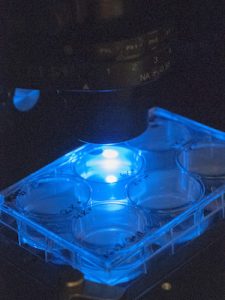There is extensive research in the Joint Department of Biomedical Engineering in the field of Regenerative Medicine. Multiple faculty are investigating cutting-edge approaches to replace, engineer or regenerate tissues and/or organs. Approaches encompass functional tissue engineering and the use of molecular biology, bioreactors, biomechanics, cytomechanics, synthetic and extracellular matrix-derived biomaterials and scaffolds, biomimetics, stem cells and mechanobiology to engineer living tissues.
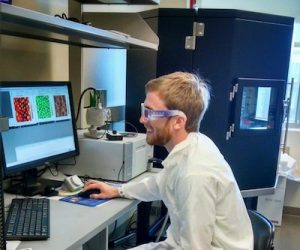 This highly interdisciplinary research area within BME takes advantage of the clinical expertise at UNC-Chapel Hill and other nearby human hospitals, as well as the NC State College of Veterinary Medicine. Together with their clinical collaborators, faculty in the Joint Department of Biomedical Engineering address critical issues in regenerative medicine at both the basic and applied science level with an emphasis on translational investigations to best improve patient care.
This highly interdisciplinary research area within BME takes advantage of the clinical expertise at UNC-Chapel Hill and other nearby human hospitals, as well as the NC State College of Veterinary Medicine. Together with their clinical collaborators, faculty in the Joint Department of Biomedical Engineering address critical issues in regenerative medicine at both the basic and applied science level with an emphasis on translational investigations to best improve patient care.
Regenerative Medicine Labs
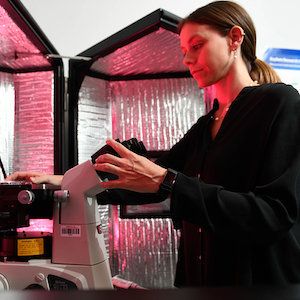
Advanced Wound Healing Lab
The Advanced Wound Healing lab is led by Dr. Ashley C. Brown. Our group’s research centers on developing novel microgel-based materials for a variety of biomedical applications including augmentation of hemostasis, enhanced wound healing, evaluation and modulation of cellular mechanotransduction, and development of biosynthetic constructs for regenerative medicine.
Visit the Advanced Wound Healing Lab website…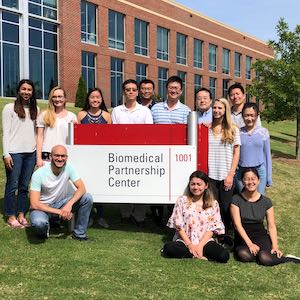
BioTherapeutics Lab
The BioTherapeutics Laboratory is led by Dr. Ke Cheng. Our studies include regenerative medicine approaches by using patient-derived stem cells, biomaterials and targeted nanoparticles. For stem cell research, we are interested in isolating patient-specific and organ-specific adult stem cells and testing their regenerative potential in small/large animal models of diseases.
Visit the BioTherapeutics Lab website…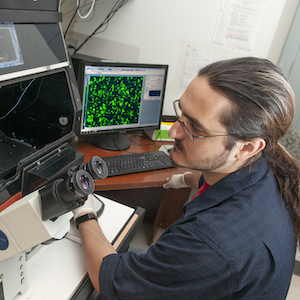
Magness Lab
The focus of research at Magness Lab is the genetic mechanisms that control intestinal and colonic stem cell maintenance and differentiation. The Lab uses the highly regenerative gut epithelium as a model system to understand how Sox-transcription factors control cell-fate decisions. The group has developed ‘gut-on-chip’ and high-throughput analysis platforms to assess functional properties of single stem cells, multicellular organoids and biomimetic tissue constructs.
Visit the Magness Lab website…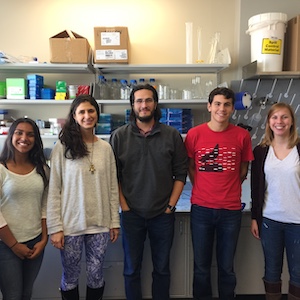
Regenerative Engineering Design (REdesign) Lab/
The Regenerative Engineering design (REdesign) Lab focuses on the design and testing of bioengineered tissues capable of restoring tissue function. Our major goals are to harness the power of tissue specific extracellular matrices to guide tissue remodeling and to understand and harness the interaction between inflammatory cells and bioengineered tissue constructs in order to improve incorporation and survival.
Visit the Regenerative Engineering Design (REdesign) Lab/ website…


